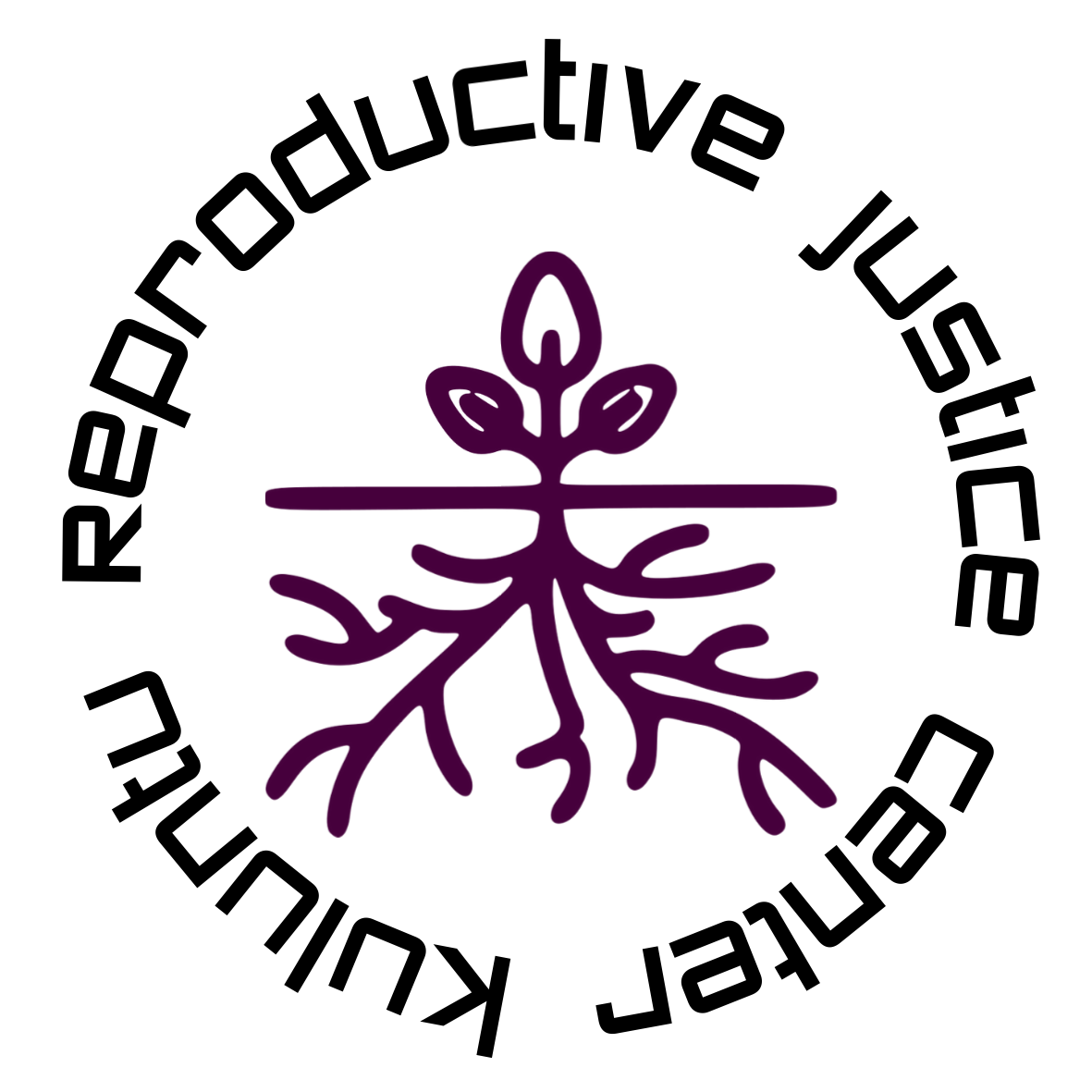| Did you know? Kuluntu (koo-loon-too) means "community" in Xhosa Directly combating the maternal mortality crisis, Kuluntu Reproductive Justice Center provides healing products, birthwork services, and community building for families and those who work with them. Since 2018, we have prided ourselves on helping families build healthy communities, helping birthworkers hone their craft and reach more families, and helping birth-related care providers support patients with culturally competent care in order to reduce exposure to harm. |
Our Services
Kuluntu RJC provides consulting services and training workshops to community organizations, universities, medical schools, and more. Khye is also available to speak at conferences and convenings.
We provide doula and childbirth education services and healing products to assist families with multiple marginalized identities in having a sacred fertility, birthing, and postpartum experience.
We provide birth justice-centered mentorship and professional development for birthworkers who are seeking ways to build a generative and sustainable birthwork practice.
Frequently Asked Questions
I believe that birth and death, among other life transitions, are sacred. Part of my purpose in life is to guide people through these transitions, as we are not often given space or guidance on how to navigate these sacred transitions. I don't heal you or teach you to heal yourself; I guide you to heal yourself and build a community to support you through that healing using your innate knowledge.
Kuluntu (koo-loon-too) is a Xhosa word that means "community." Individuals and families thrive in healthy communities.
- Community is the foundation upon which we can all thrive.
- Healing is at the forefront of what we do. We can’t build without also healing.
- Vulnerability is courage. We must all be courageous.
- Everyone deserves belonging. Everyone deserves to thrive.
- Black folx know best what Black folx need. We all we got.
- Trust and believe Black women, femmes, gender expansive folx, and girls. Center their needs.
- Children are one of the most vulnerable populations. We must center their needs and protect them.
- The teachings of our elders and ancestors guide our work. We learn from the lessons of those who came before us.
- Our cultures, languages, traditions, and ancestral ways must be preserved.
According to Wikipedia (lol), "a doula is a trained companion who is not a healthcare professional and who supports... a client" [through a transition.] "A doula may also provide support to the client's partner, family, and friends. The doula's goal, and role, is to help the client feel safe and comfortable, complementing the role of the healthcare professionals who provide the client's medical care" (when applicable).
There are doulas for much of what occurs perinatally, such as pregnancy, labor/delivery, postpartum. pregnancy/infant loss, abortion, fertility, NICU (neonatal ICU), sibling care around chilbirth, and more. In addition, death doulas serve a similar role at the end of life, gender doulas assist people going through medical gender transitions, divorce doulas help families restructure after a divorce, and I'm sure there are more I don't know about.
A full-spectrum doula is a doula who is trained to assist families throughout the perinatal period, from fertility through the variety of possible conclusions of a pregnancy (labor/delivery/postpartum, abortion, pregnancy/infant loss.
A full-spectrum doula is a doula who is trained to assist families throughout the perinatal period, from fertility through the variety of possible conclusions of a pregnancy (labor/delivery/postpartum, abortion, pregnancy/infant loss.
This work is part of my life's purpose and passion. All the steps I've taken have led me to being here and able to provide my unique take on healing, birthwork, and education. Here are a few stops I've made along the way:
- Certified Childbirth Educator (CCE) through the International Childbirth Education Association (ICEA; 2018)
- Doula training: Sista Midwife Productions (2018)
- 2021 Center for Civic Innovation Fellow
- 2018 Errin J. Vuley Fellow with Feminist Women's Heath Center
- Master's degree in Student Affairs Administration in Higher Education from Texas A&M University (2014)
- Bachelor's degree in Corporate and Organizational Communication with a certificate in Nonprofit Leadership from Western Kentucky University (2011)
- 10+ years' experience in education and human development from early childhood through higher education
Sign up for our newsletter!
(We promise we won't spam you.)
Keep birth sacred.
©2022 All Rights Reserved. Kuluntu Reproductive Justice Center.

